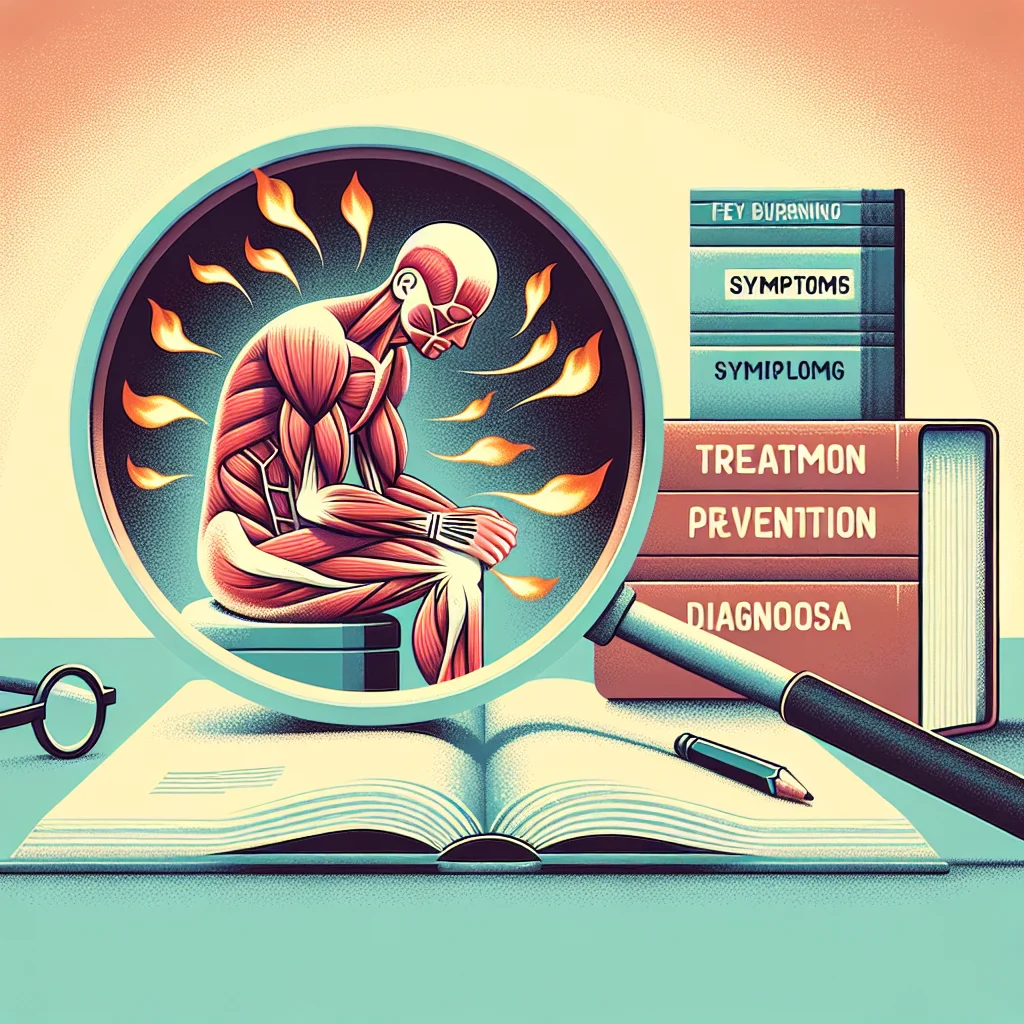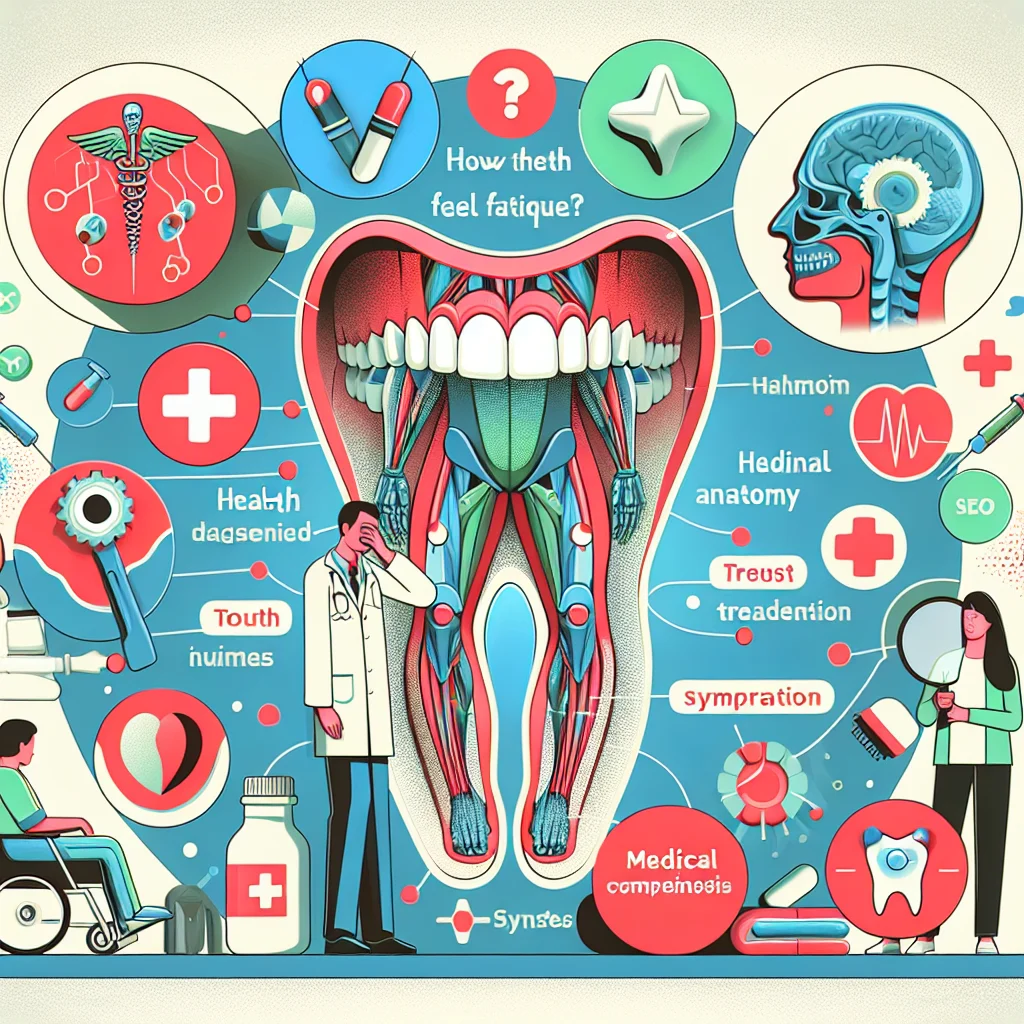
Possible Causes and Medical Insights
If you’re wondering, "How can I treat my ears feel inflammation?", understanding the root causes is crucial. Ear inflammation can be triggered by various factors such as infections (bacterial or viral), allergies, or even physical injury. Otitis media (middle ear infection) and otitis externa (swimmer’s ear) are common conditions that result in inflammation. Allergic reactions, such as those caused by pollen or dust, may also lead to swelling and discomfort inside the ear canal. Identifying the underlying cause is the first step in effective treatment.
Medical insight into ear inflammation reveals that prompt attention can prevent complications. Chronic ear inflammation can sometimes damage hearing or spread to adjacent tissues if left untreated. Doctors may use tools like otoscopes to examine the ear canal and eardrum, helping to pinpoint the source of inflammation. In some cases, laboratory tests or cultures are required if an infection is suspected. Understanding these medical perspectives guides both patients and healthcare providers toward the most suitable treatment options.
Symptoms and Risk Factors
Recognizing the symptoms associated with ear inflammation is essential for early intervention. Common signs include ear pain, a sensation of fullness, redness, swelling, and sometimes discharge. In more severe cases, individuals may experience fever, temporary hearing loss, or even dizziness. Children, in particular, may become irritable or tug at their ears if they are experiencing discomfort. Monitoring these symptoms closely can help in determining when to seek professional health advice.
Certain individuals are at higher risk for ear inflammation. Frequent swimmers, those with allergies, or people who use hearing aids or earplugs regularly are more susceptible. Upper respiratory infections such as colds and sinusitis can also increase the risk of developing ear inflammation. By being aware of these risk factors and symptoms, you can take proactive steps to protect your ear health and seek timely treatment if issues arise.
Diagnosis and When to See a Doctor
If you notice persistent or worsening symptoms, it’s important to seek medical insight for proper diagnosis. A healthcare provider will typically examine your ears and inquire about your symptoms and medical history. Sometimes, additional tests such as hearing assessments or cultures of ear discharge may be needed to identify the exact cause. Accurate diagnosis is key to selecting the most effective treatment and avoiding complications like chronic infection or hearing loss.
You should see a doctor if your ear inflammation lasts more than a few days, is accompanied by high fever, severe pain, or significant hearing loss. Immediate medical attention is also needed if you notice blood or pus draining from the ear. Early intervention not only speeds up recovery but also minimizes the risk of long-term problems. Trust your healthcare provider to guide you through the diagnosis and provide the right course of action for your ear health.
Prevention and Home Remedies
Preventing ear inflammation often begins with simple daily habits. Keep your ears clean and dry, especially after swimming or bathing, to reduce the risk of infections. Avoid inserting cotton swabs or other objects into your ear canal, as this can cause injury or introduce bacteria. If you have allergies, try to minimize exposure to known triggers and manage symptoms promptly. Good hand hygiene and avoiding close contact with individuals who have colds can also help protect your ears.
When it comes to home remedies for mild inflammation, applying a warm compress to the affected ear can provide soothing relief. Over-the-counter pain relievers, such as acetaminophen or ibuprofen, may help alleviate pain and reduce inflammation. However, these measures should not replace professional medical advice if symptoms persist or worsen. Remember, maintaining overall ear health and seeking timely treatment are your best defenses against ear inflammation and its complications.














